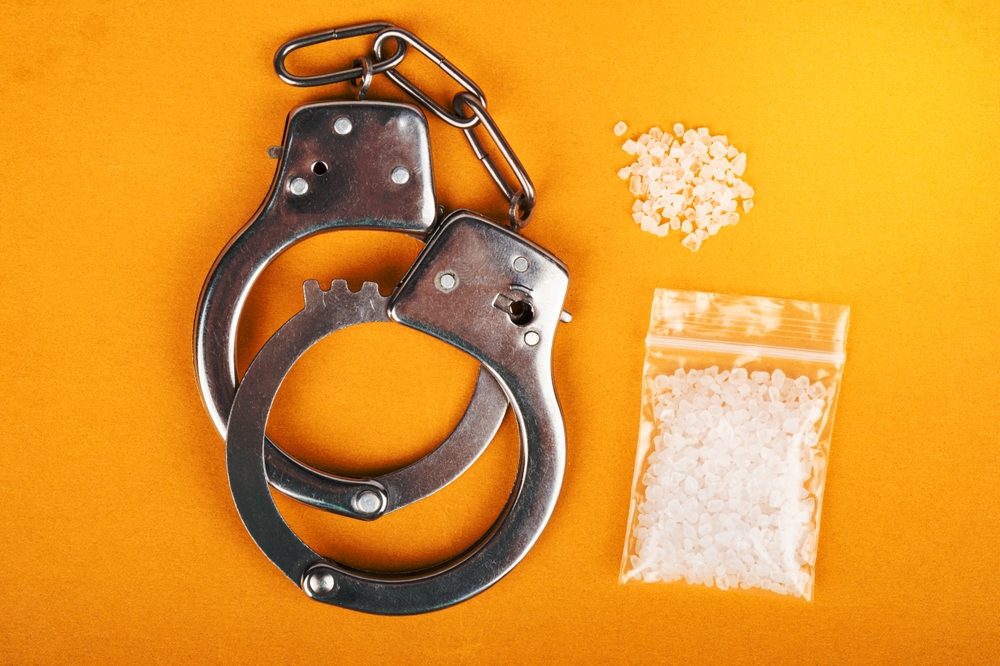
Connecticut’s legal system, like many others, grapples with the complexities of drug-related offenses. From the bustling urban centers to the serene suburbs, the state is not immune to the challenges posed by drug crimes. In this blog post, we embark on a journey through the common drug offenses that frequently find their way into Connecticut courtrooms.
From understanding the nuances of charges like possession and distribution to exploring the legal consequences that follow, join us as we navigate the intricacies of drug offenses in Connecticut. Whether you seek clarity as a concerned citizen or require information for drug bail bonds in New Britain, CT, this guide aims to shed light on the landscape of common drug offenses. Read on!
What are the common drug offenses in Connecticut?
Connecticut’s legal code addresses a spectrum of drug-related offenses, each carrying distinct legal consequences. Understanding these common drug offenses is essential for individuals navigating the state’s legal landscape. Here we’ll delve into the details of prevalent drug charges, shedding light on the nature of offenses that frequently bring individuals into Connecticut’s judicial system.
Possession of controlled substances
One of the most prevalent drug offenses in Connecticut is the possession of controlled substances. This charge encompasses the illegal possession of drugs such as marijuana, cocaine, heroin, and prescription medications without a valid prescription. The severity of penalties often depends on factors like the type and quantity of the substance involved, with Connecticut law aiming to strike a balance between addressing substance abuse issues and maintaining public safety.
Drug distribution and trafficking
Drug distribution and trafficking offenses involve the sale, transportation, or illicit distribution of controlled substances. Connecticut law treats these offenses with considerable gravity, imposing strict penalties for those found guilty. The charges vary based on the type and quantity of drugs, with potential consequences ranging from fines to lengthy prison sentences. Addressing the roots of drug trafficking is crucial for the state in curbing the flow of illicit substances and protecting communities.
Drug manufacturing and cultivation
Engaging in the production or cultivation of controlled substances is a serious offense in Connecticut. This includes activities such as operating methamphetamine labs or growing marijuana. The legal consequences for drug manufacturing and cultivation offenses are significant and may result in substantial fines and imprisonment. Connecticut authorities prioritize dismantling drug production operations to stem the supply chain and prevent the proliferation of illegal substances within the state.
Possession with intent to sell
Possession with intent to sell is a charge that implies the intention to distribute controlled substances. Law enforcement often considers factors such as the quantity of drugs, packaging materials, and other indicators during arrests. The legal penalties for this offense can be severe, reflecting the state’s commitment to addressing drug distribution activities. By focusing on the intent to sell, Connecticut aims to disrupt drug markets and discourage individuals from participating in illicit drug trade activities that pose a threat to public health and safety.

Who can assist me with drug crime bail bonds in New Britain, CT?
BailCo Bail Bonds Manchester is a trusted pillar of support for individuals facing drug-related charges in New Britain and throughout the state. Operating around the clock, we bring two decades of experience to the forefront, offering swift, discreet, and reliable assistance during challenging times. We stand ready to provide compassionate support and expert guidance, ensuring that those in need receive timely and effective assistance.
